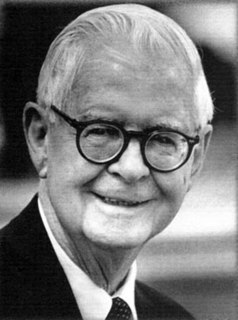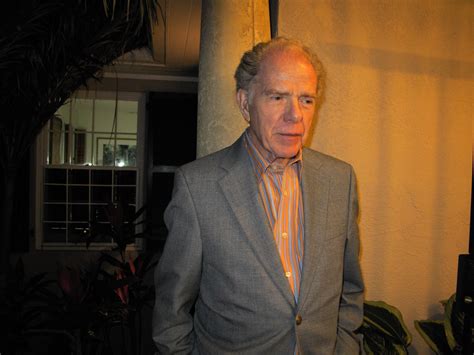A Quote by Amy Hempel
Sometimes I can better describe a person by another person's reaction. In a story in my first book, I couldn't think of a way to sufficiently describe the charisma of a certain boy, so the narrator says, "I knew girls who saved his gum."
Related Quotes
When we try to describe one person to another …, what do we say? Not usually how or what that person ate, rarely what he wore, only occasionally how he managed his job—no, what we tell is what he said and, if we are good mimics, how he said it. We apparently consider a person's spoken words the true essence of his being.
The epithet beautiful is used by surgeons to describe operations which their patients describe as ghastly, by physicists to describe methods of measurement which leave sentimentalists cold, by lawyers to describe cases which ruin all the parties to them, and by lovers to describe the objects of their infatuation, however unattractive they may appear to the unaffected spectators.
If you look at most women's writing, women writers will describe women differently from the way male writers describe women. The details that go into a woman writer's description of a female character are, perhaps, a little more judgmental. They're looking for certain things, because they know what women do to look a certain way.
If you look at most womens writing, women writers will describe women differently from the way male writers describe women. The details that go into a woman writers description of a female character are, perhaps, a little more judgmental. Theyre looking for certain things, because they know what women do to look a certain way.
I always knew from the beginning that this was the only way to write Then We Came To The End - that it had to be in first - person plural if it was going to illustrate how the individual becomes part of the collective. I had no interest in writing the book in a more conventional voice. It goes back to that fascination I had with telling a story in multiple ways. It was the only choice I gave myself, really - I said "This is it, pal. If you can't tell a story this way, you're going to have to abandon the book. Write it this way or give up."





































